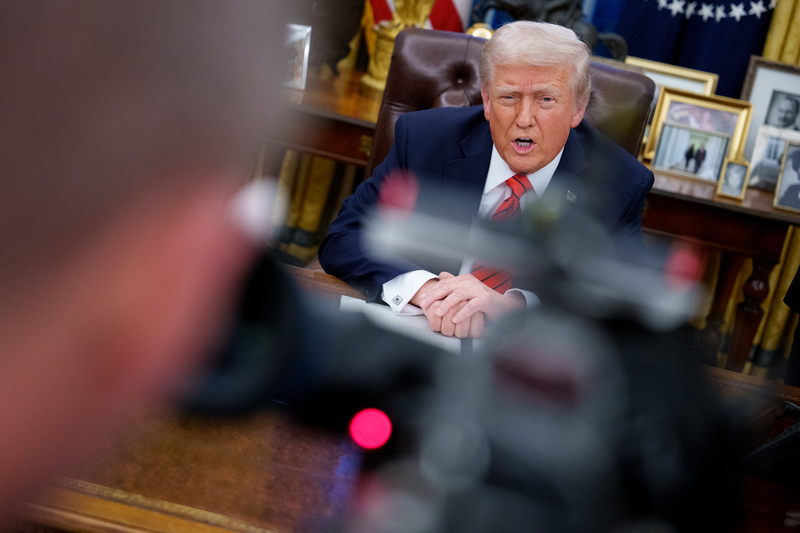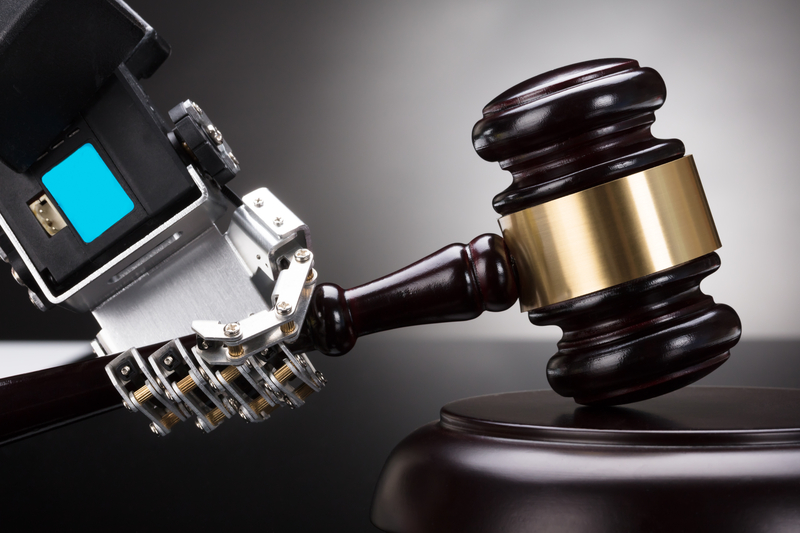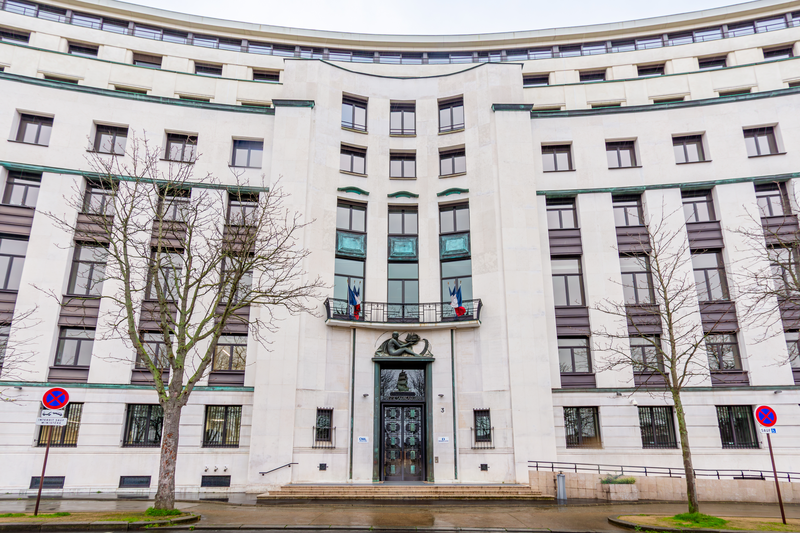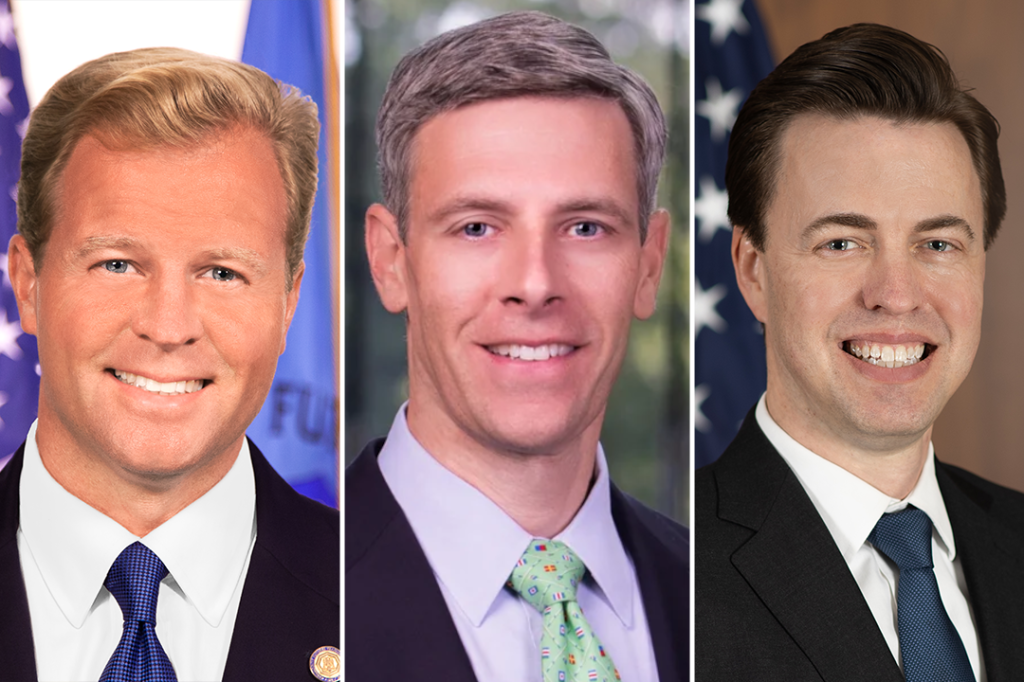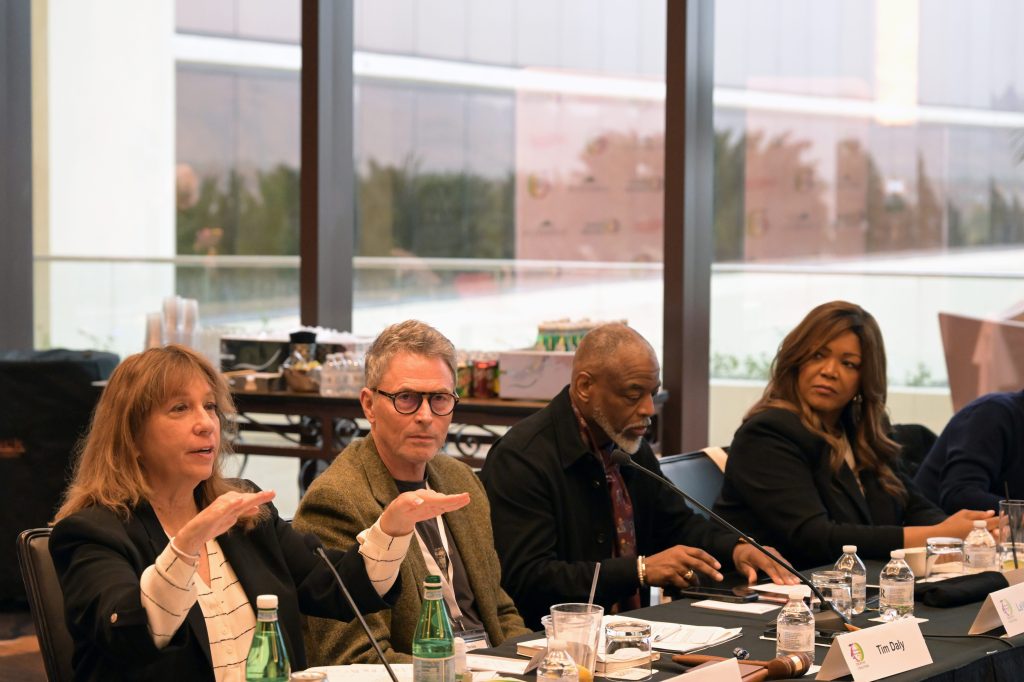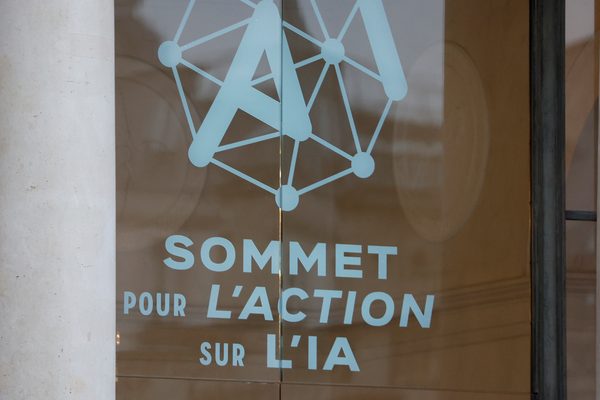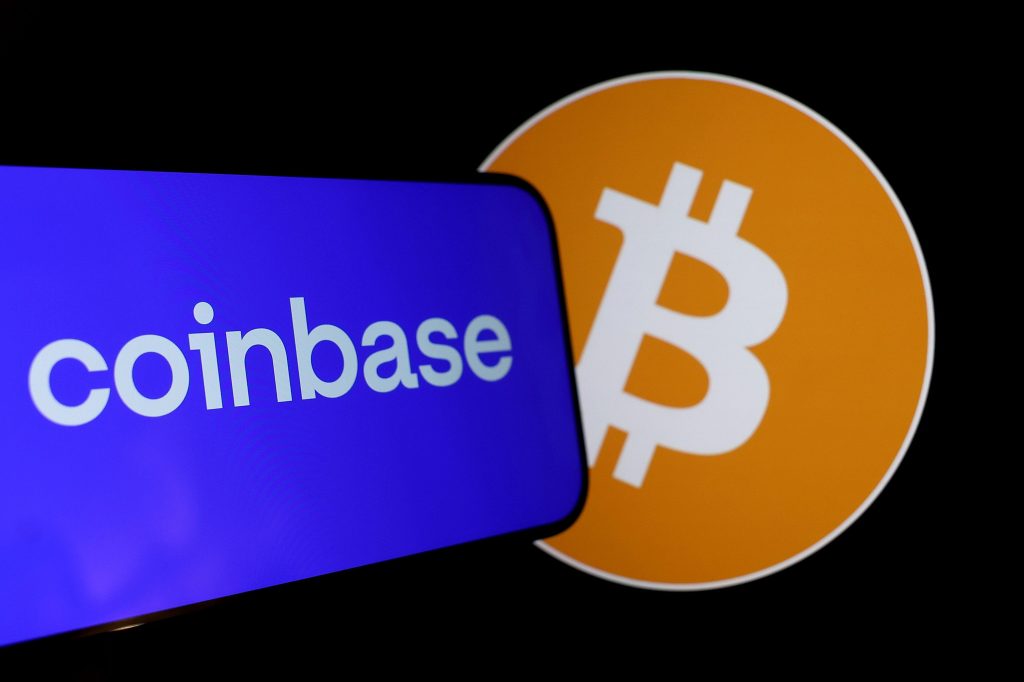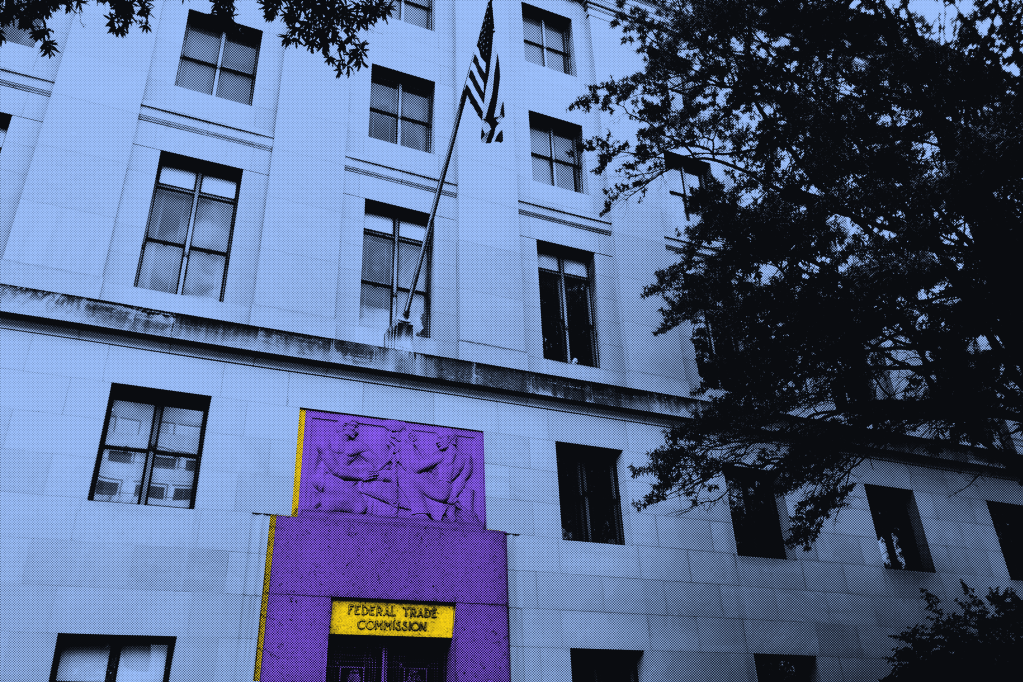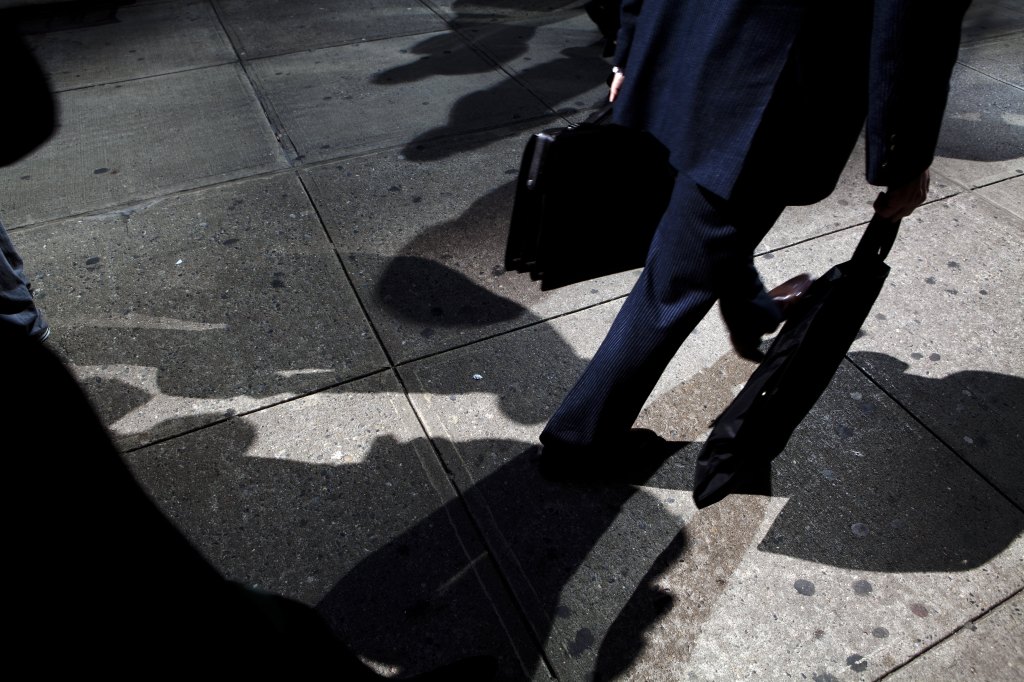The SEC announced on Thursday that Clear Channel Outdoor Holdings Inc agreed to pay more than $26m to resolve charges that it bribed Chinese government officials to obtain outdoor advertising contracts in violation of the Foreign Corrupt Practices Act (FCPA).
The business has its headquarters in San Antonio, TX, and is one of the world’s largest out-of-home advertising companies.
A majority-owned Chinese subsidiary of Clear Channel called Clear Media allegedly bribed Chinese government officials directly and through third parties to win contracts that let it sell advertisements for display on bus shelters, street furniture and billboards, the SEC said.
Chinese government officials
Specifically, the SEC’s order finds that, from at least 2012 through 2017, Clear Media bribed Chinese government officials to obtain such contracts and used sham intermediaries and false invoices to generate cash for off-book “customer development” consultants who were used to win advertising business from government and private customers.
According to the order, Clear Media’s improper payments were falsely characterized as legitimate entertainment, cleaning and maintenance, and “customer development” expenses in Clear Channel’s consolidated books and records.
One executive allegedly spent hundreds of thousands of dollars, subject to no advance review or approval, on government officials for first-class travel, hotel rooms, meals, and entertainment.
Clear Channel neither admitted to nor denied the SEC’s allegations, the agency said, and the company cooperated with the SEC investigation, noting in a November 2020 filing that it won’t face charges from the US Justice Department (DOJ), despite a grand jury subpoena it received from the DOJ. The company took a number of actions to enhance its compliance, recordkeeping and internal controls, it said in that filing, and the SEC noted the business’s remedial efforts in its order (see below).
Clear Channel was owned by iHeartMedia2 when the violations occurred; it separated from iHeartMedia in 2019 to form a standalone, publicly traded company.
Bribery and inaccurate records
To obtain concession contracts from local Chinese government transport authorities, the SEC said Clear Media provided cash-equivalent gift cards, golf clubs, vases, and other expensive and unidentified gifts and entertainment, some of which were provided “due to being in the negotiation process with clients for a renewal.” One executive (“Executive A”) allegedly spent hundreds of thousands of dollars, subject to no advance review or approval, on government officials for first-class travel, hotel rooms, meals, and entertainment.
The SEC said Clear Media engaged in a “customer development expense” scheme in which it created an off-book cash fund for payments made to undisclosed consultants to win, grow, or retain advertising business from approximately 70 private and government customers. Clear Media purportedly considered the identities of the consultants to be sensitive and confidential information and did not properly diligence or document them.
Clear Media’s documentation often failed to identify the officials who received the benefits or to specify the amount spent on each official’s behalf, the SEC said. In one instance, Clear Media employees were cautioned by local Clear Media management not to “describe the purposes of the hospitality costs too specifically, eg, for the purpose of winning the contract.”
The local office’s internal auditors raised concerns about access to records with the corporation’s management, plus its board chair and audit committee chair, indicating concerns with the actions taken by the aforementioned Executive A.
Contrary to Clear Media’s policies, Clear Media made certain payments to the cleaning and maintenance entities based solely on oral agreements, often disguising payments for the benefit of government officials as “subsidies” or “special request” expenses, the SEC said.
And even though the local Clear Media operations identified certain remedial actions to be taken after conducting an audit – with internal and external auditors both calling for them and informing the US headquarters – the main offices failed to ensure that Clear Media took adequate steps to address these repeated concerns sufficiently.
More pointedly, the local office’s internal auditors raised concerns about access to records with the corporation’s management, plus its board chair and audit committee chair, indicating their particular concerns with the actions taken by the aforementioned Executive A.
And internal auditors expressed continuing concerns regarding Clear Media’s whistleblowing hotline implementation; basically noting the hotline was not publicized.
Human and financial resources
In addition to more standard remedial actions regarding enhancements to policies, procedures and internal controls, the SEC’s order says the company agreed to increase its human and financial resources for compliance, including the hiring of a dedicated compliance director; introducing ethics and compliance considerations into performance evaluations and compensation decisions; and enhancing online and live anti-corruption training programs.
And wait, the company didn’t have an overall, dedicated compliance director?
Albemarle voluntarily disclosed to the DOJ, but the disclosure was not “reasonably prompt” as defined in the Criminal Division Corporate Enforcement and Voluntary Self-Disclosure Policy.
Albemarle’s FCPA settlement
Albemarle Corporation, a specialty chemicals manufacturing company headquartered has also agreed to pay more than $218m to resolve investigations by the DOJ and SEC for FCPA violations stemming from Albemarle’s participation in corrupt schemes to pay bribes to government officials in Vietnam, Indonesia, India, China and the United Arab Emirates, the DOJ and SEC said in press releases on Friday afternoon.
According to the DOJ’s resolution, between 2009 and 2017, Albemarle, through its third-party sales agents and subsidiary employees, conspired to pay bribes to government officials to obtain and retain chemical catalyst business with state-owned oil refineries in those countries, earning $98.5m as a result of the scheme.
Albemarle entered into a three-year non-prosecution agreement with the DOJ and its penalty reflects a reduction of $763,453 under the Criminal Division’s March 2023 Compensation Incentives and Clawbacks Pilot Program for bonuses that the company withheld from qualifying employees.
Albemarle voluntarily disclosed to the DOJ the conduct that forms the basis for the resolution, but the disclosure was not “reasonably prompt” as defined in the Criminal Division Corporate Enforcement and Voluntary Self-Disclosure Policy, the DOJ said.
The DOJ said the company learned of allegations regarding possible misconduct in Vietnam approximately 16 months before disclosing to the DOJ’s regional office in North Carolina. And after an internal investigation, the company gathered evidence demonstrating the potential misconduct at least approximately nine months prior to the disclosure, the DOJ noted. Together, this meant its disclosure was not within a reasonably prompt time after becoming aware of the misconduct.
The company received credit for producing documents, instituting remedial program measures and disciplining employees involved in the misconduct, plus providing extensive training to its sales team and restructuring compensation and incentives so compensation is no longer tied to sales amounts and using data analytics to monitor and measure its compliance program’s effectiveness.

